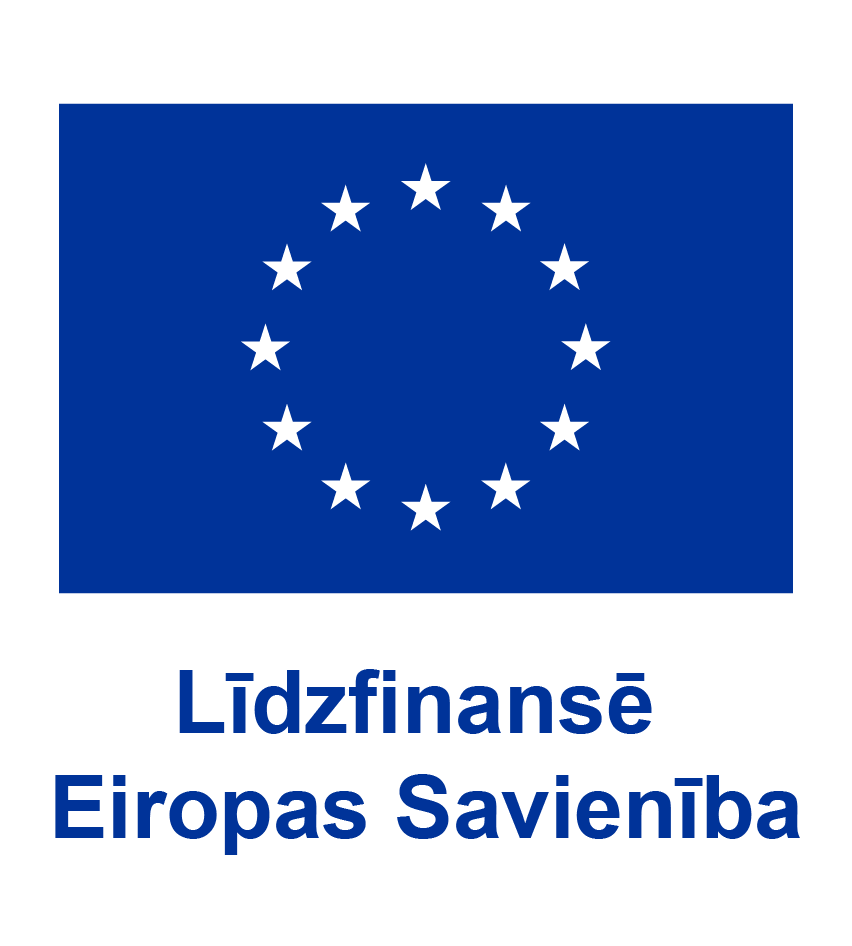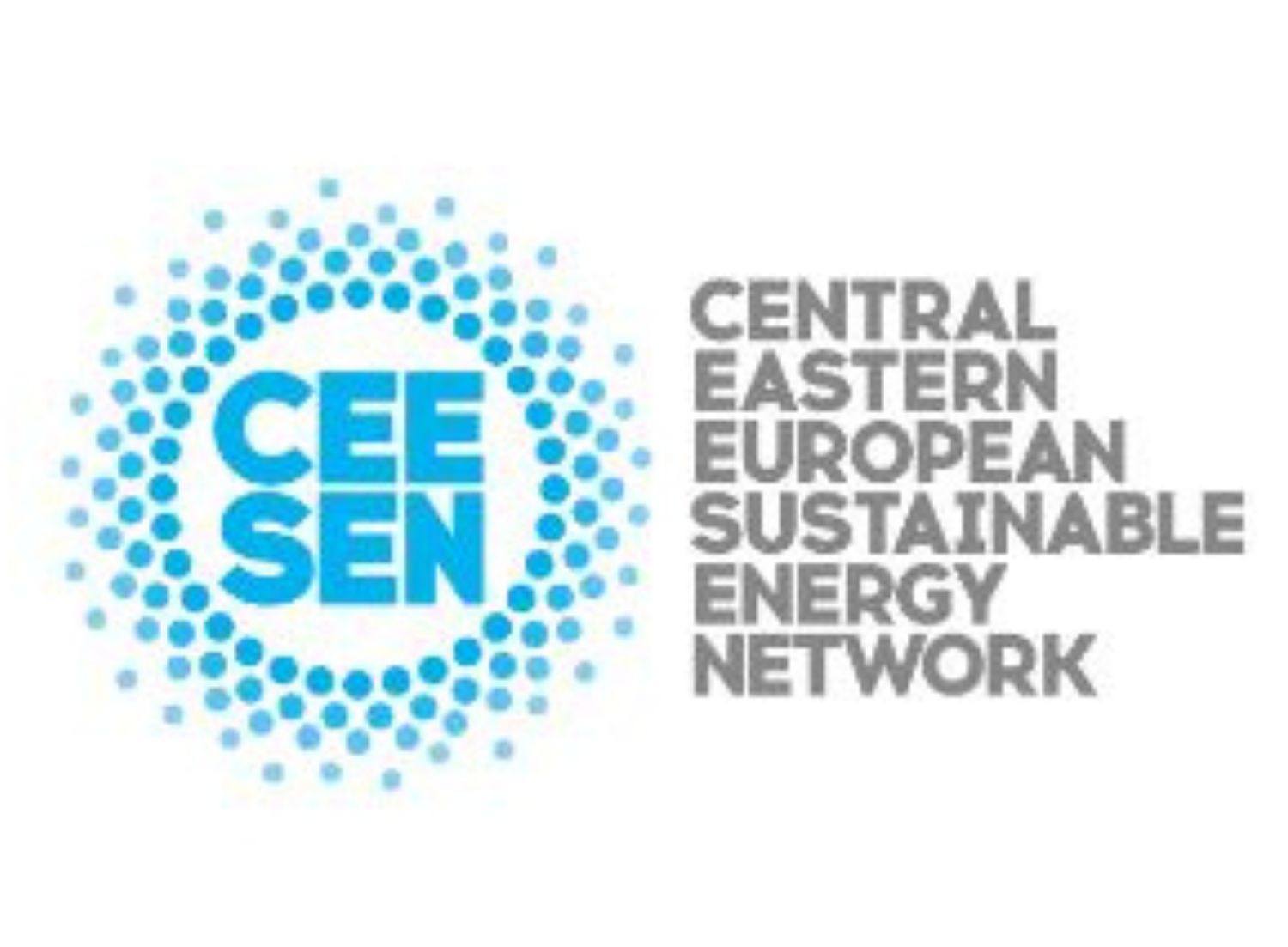Partnership for New Energy Leadership 2050 (PANEL 2050)
By 2050, the EU aims to cut its emissions substantially – by 80-95% compared to 1990 levels as part of the efforts required by developed countries as a group, and effectively turning Europe into a highly energy efficient and low-carbon economy will also boost the economy, create jobs and strengthen Europe’ s competitiveness. For EU to reach this ambition, public authorities at national and especially at local level have to develop locally adapted energy policies and plans with strong involvement from local stakeholders, including private energy industry and civil society actors focusing on both renewable energy production as well as on energy efficiency. Activities of low carbon society are closely linked to vision of sustainable development and aim to improve and adapt its actions and economy towards non-dependence of activities raising carbon dioxide emissions.
In Central and Eastern Europe the growth of renewable energy generation lacks behind EU average, implicating the CEE countries have to increase their current efforts to attain the 2020 EU ambition. Some of these challenges in CEE countries are 1) a low priority on sustainable development issues; 2) a low capacity of energy management on local level; and 3) a lack of cooperation to jointly address common challenges. To address these challenges in CEE countries the PANEL 2050 project has been developed which will provide necessary support for the development of the capacity and coordination of forerunner who will connect and empower relevant local stakeholders in different regions in CEE countries into replicable sustainable local energy networks.


